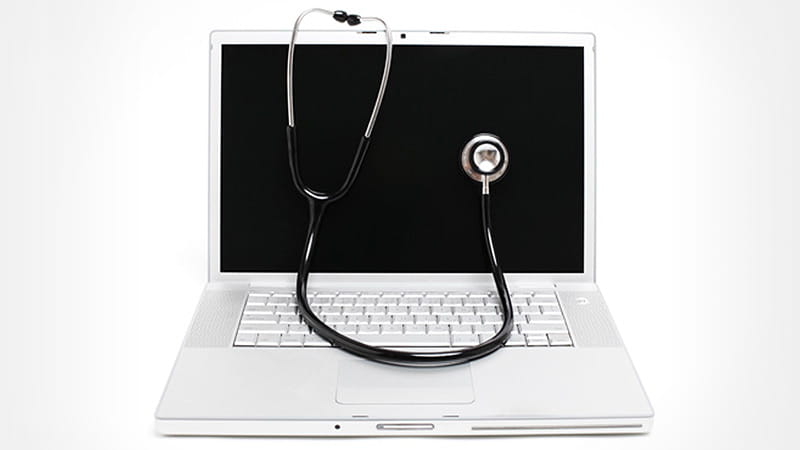
Consider this scenario – several months after a consultation a patient complains to the GMC that you behaved inappropriately during an examination. You robustly deny these allegations and immediately review your records for the relevant period. You are horrified to find that there is only the briefest entry regarding a cough and clear chest on examination. You have one of those “if only….” moments.
There are no witnesses and so to ascertain the truth the matter proceeds to a panel hearing at the GMC.
You consider that the quality of the records lets you down but you must deal with this honestly and openly in any future discussions – and there will many. Certainly the records must not be altered with a view to “improving them” retrospectively. There lies the way to jail and serious GMC sanction.
In circumstances where the patient or their representative challenges the standards of care, medical records will be scrutinised by various third parties. Also patients increasingly seek access to their notes – because they are just interested or they require information for purposes such as checking dates for insurance forms, etc.
Most practitioners do not consider that their records will be seen, analysed and discussed in minute detail by third parties such as: solicitors, barristers, medical experts or panel members (for inquiries including the GMC).
Medical records will be obtained and reviewed when determining whether a doctor has acted in line with their professional and legal duties, Indeed, the first impression you make is likely to be through your records – the care demonstrated in record making will often be taken as a direct reflection of the care provided to your patient. Would you be happy for your notes to be shared and discussed amongst a group of expert lawyers and doctors? Are you happy for the patient to see what you have written?
Notes must be:
- Detailed
- Clear
- Accurate
- Legible.
They should be dated and timed and contain all clinically relevant information including negative findings and decisions. (See the GMC's record keeping guidance for more information.)
Few (if any) doctors say they wish they hadn’t written so much but many reflect that they wish they had written more. This is especially true where a patient brings two issues to a consultation and one is well documented but the other less so; also when a standard form of treatment is considered and rejected but this is not recorded.
The matters not included in the records are often central to a question of standard of care and it is very frustrating when the notes do not corroborate what is remembered, as referred to in the scenario set out above.
Medical records are a window onto your practice and as well as containing information directly relevant to patient care they are central evidence of standards of care.
How would your records stand up to scrutiny or help you in your hour of need?
This page was correct at the time of publication. Any guidance is intended as general guidance for members only. If you are a member and need specific advice relating to your own circumstances, please contact one of our advisers.
Save this article
Save this article to a list of favourite articles which members can access in their account.
Save to library
